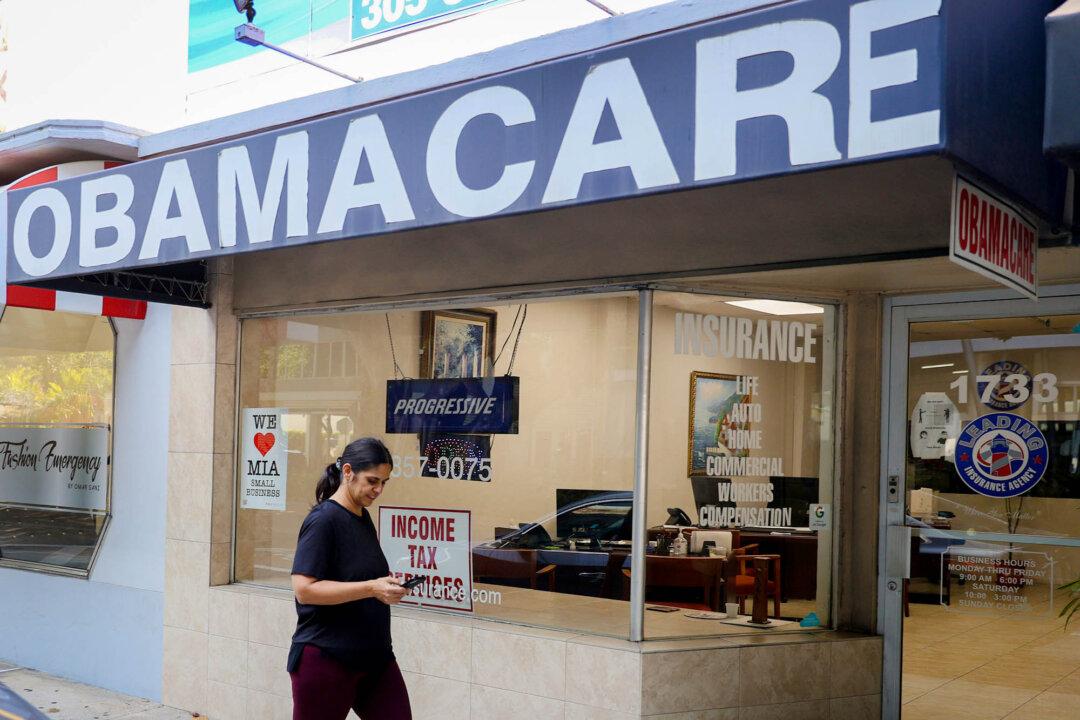House Speaker Kevin McCarthy (R-Calif.) and President Joe Biden continued their verbal sparring over who’s ducking whom in scheduling a meeting on the debt ceiling.
The two met to discuss the subject on Feb. 1, a meeting both described as a good start at working together. However, they have not met since as both insist the other must make the first move.





